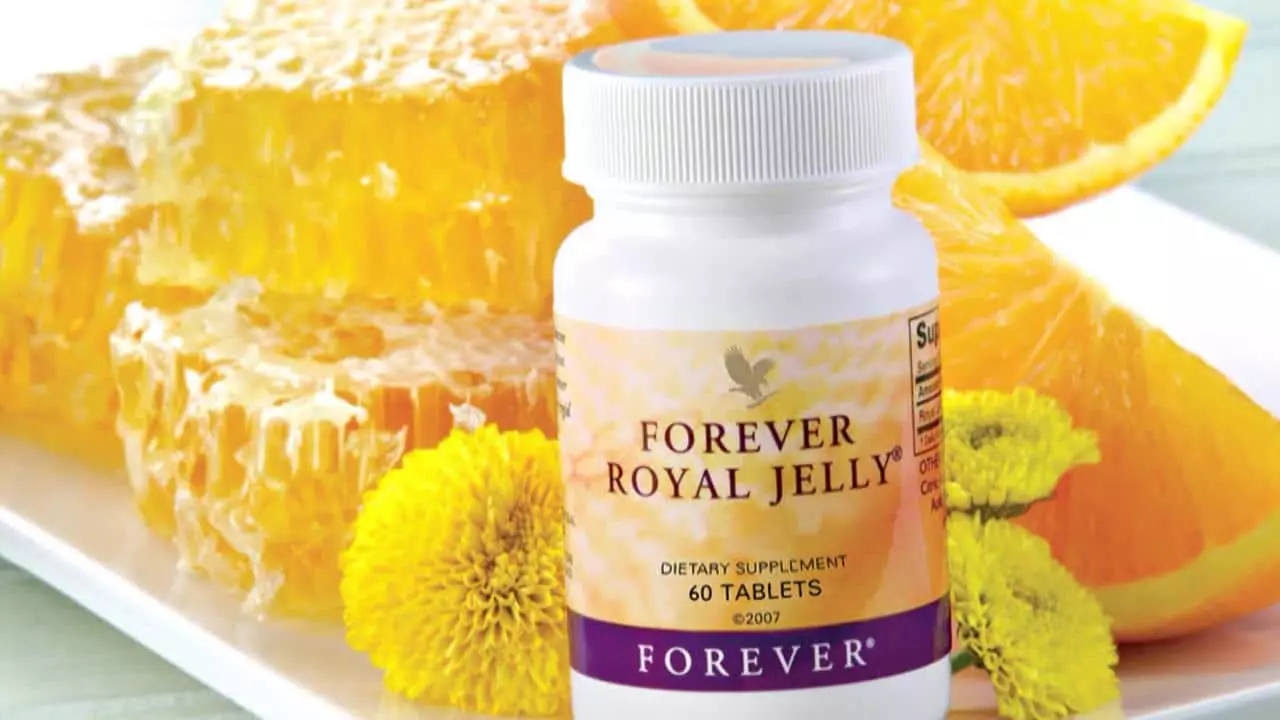Royal Jelly: Benefits, Uses, and How to Choose the Best Supplement
Ever wondered why queen bees live longer and stay so fertile? Part of their secret diet is royal jelly — a nutrient-rich secretion fed to larvae and queens. People take royal jelly for energy, skin health, menopause symptoms, and immune support. But what really works, and how do you pick a safe product? Read on for clear, practical advice.
What royal jelly does and what the evidence says
Royal jelly contains proteins, fats, vitamins (especially B-complex), and unique fatty acids like 10-HDA. That mix may explain reported effects on energy, skin, and hormones. Small clinical trials suggest royal jelly can ease mild menopause symptoms and improve skin hydration. Other trials show modest drops in total cholesterol for some people. These are promising but not dramatic — royal jelly helps some users, not everyone.
People report better energy and mood after a few weeks, but remember those are subjective. If you want solid gains, combine royal jelly with sleep, exercise, and a good diet — it’s a supplement, not a cure-all.
How to use royal jelly safely and effectively
Common doses range from 300 mg to 1,000 mg per day for lyophilized (freeze-dried) powders and capsule forms. Fresh royal jelly is sometimes sold in jars and measured in grams; a typical daily serving is 1–3 grams. Start low — try 300 mg or a small dab of fresh jelly for a week — then increase if you tolerate it well.
Allergy is the biggest risk. If you’re allergic to bee stings, honey, or pollen, avoid royal jelly or do a patch test first. Serious allergic reactions are rare but possible. Also skip royal jelly if you have autoimmune disease or take immunosuppressants unless your doctor says it’s OK. There’s limited evidence that royal jelly can have mild estrogen-like effects, so be cautious with hormone-sensitive conditions and certain cancer histories.
Pregnant or breastfeeding? Many experts advise avoiding royal jelly because of allergy risk and limited safety data. If you want to try it while pregnant, talk to your healthcare provider first.
Drug interactions are uncommon but possible. Royal jelly might affect blood clotting in people on anticoagulants, so check with your prescriber if you take warfarin or similar meds.
Buying tips: choose products with clear labeling, batch numbers, and storage instructions. Fresh royal jelly needs refrigeration and a short shelf life; freeze-dried forms last longer and travel easier. Look for certified suppliers, third-party testing, or a pharmaceutical-style certificate of analysis if you want extra assurance.
Want a simple test at home? Smell and taste: fresh royal jelly has a slightly acidic, sharp smell and creamy texture. If it smells off or looks watery, avoid it. Always follow storage instructions on the label.
Bottom line: royal jelly can help with mild menopause symptoms, skin hydration, and general wellness for some people. Start small, watch for allergies, and buy from trusted sources. If you have health issues or take medicines, ask your doctor before starting royal jelly.

The Top Reasons to Make Royal Jelly Dietary Supplements Part of Your Wellness Plan
Jul 26 2023 / Health and WellnessIn my recent exploration of wellness plans, I've discovered the amazing benefits of incorporating Royal Jelly dietary supplements. With its high nutrient content, Royal Jelly is a superfood that boosts energy and strengthens the immune system. It also promotes healthier skin, aids in digestion, and supports hormonal balance. I'm impressed with its anti-aging properties and potential to improve cognitive performance too. I believe it's time we all consider making Royal Jelly a part of our wellness routine.
VIEW MORE